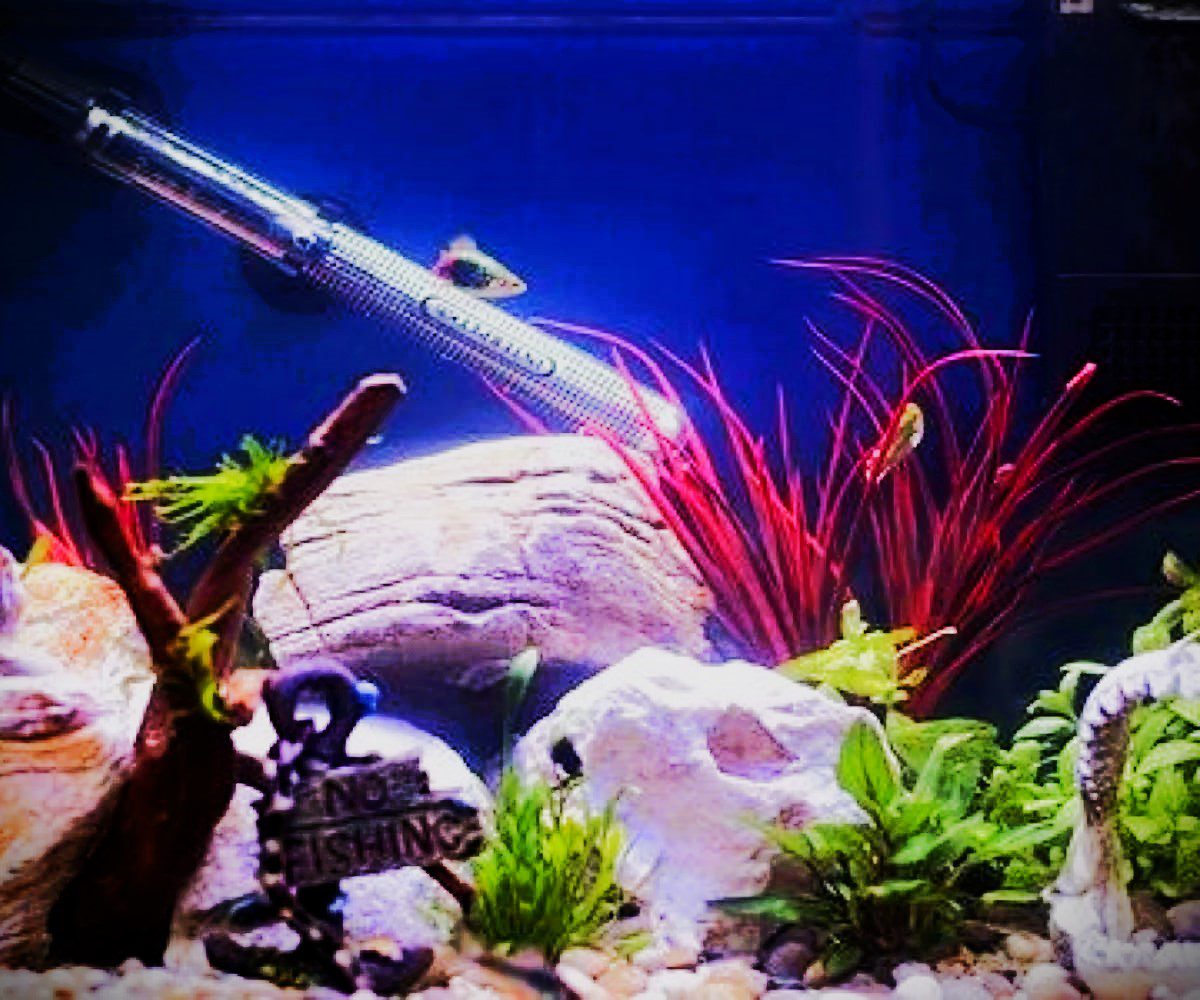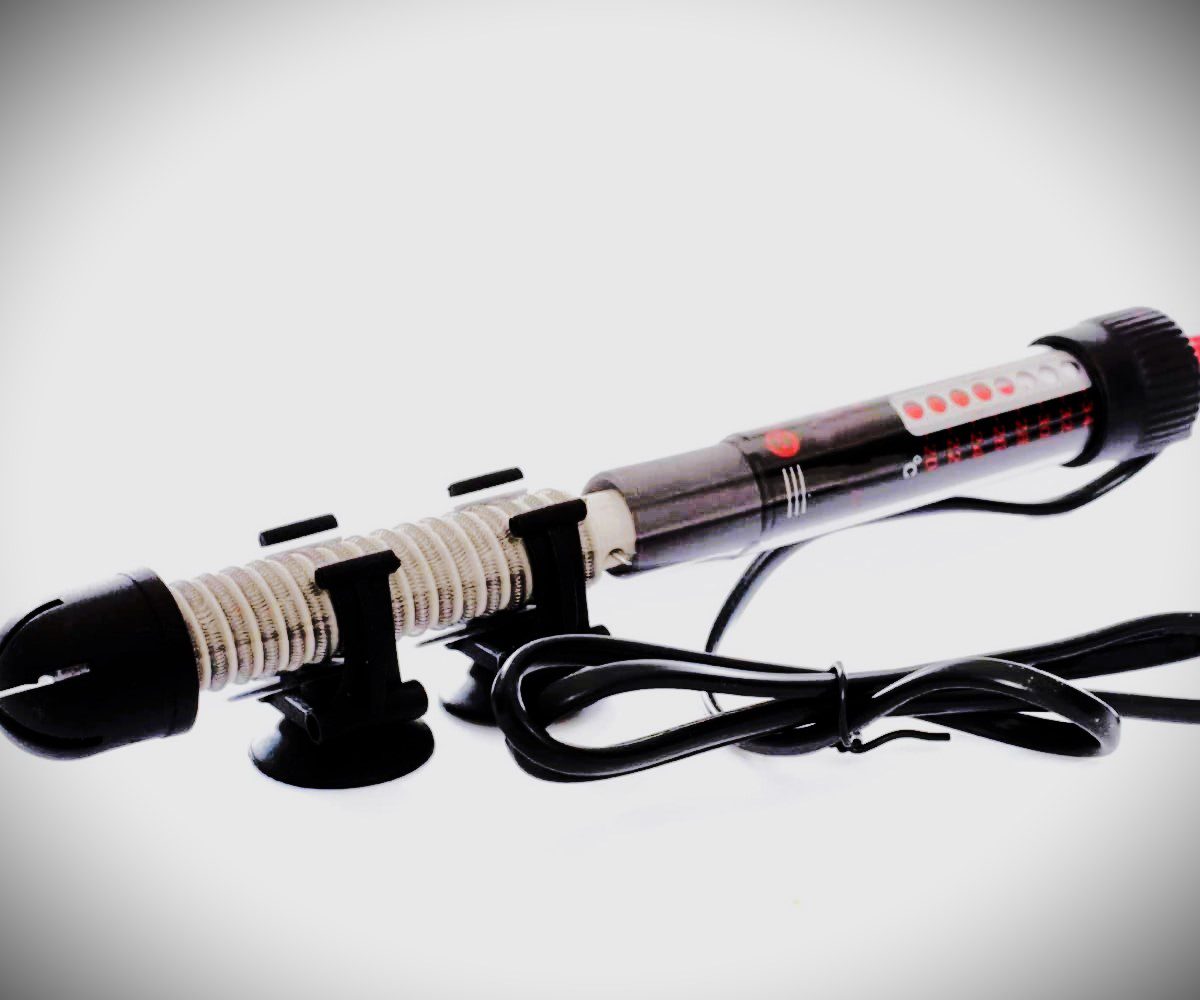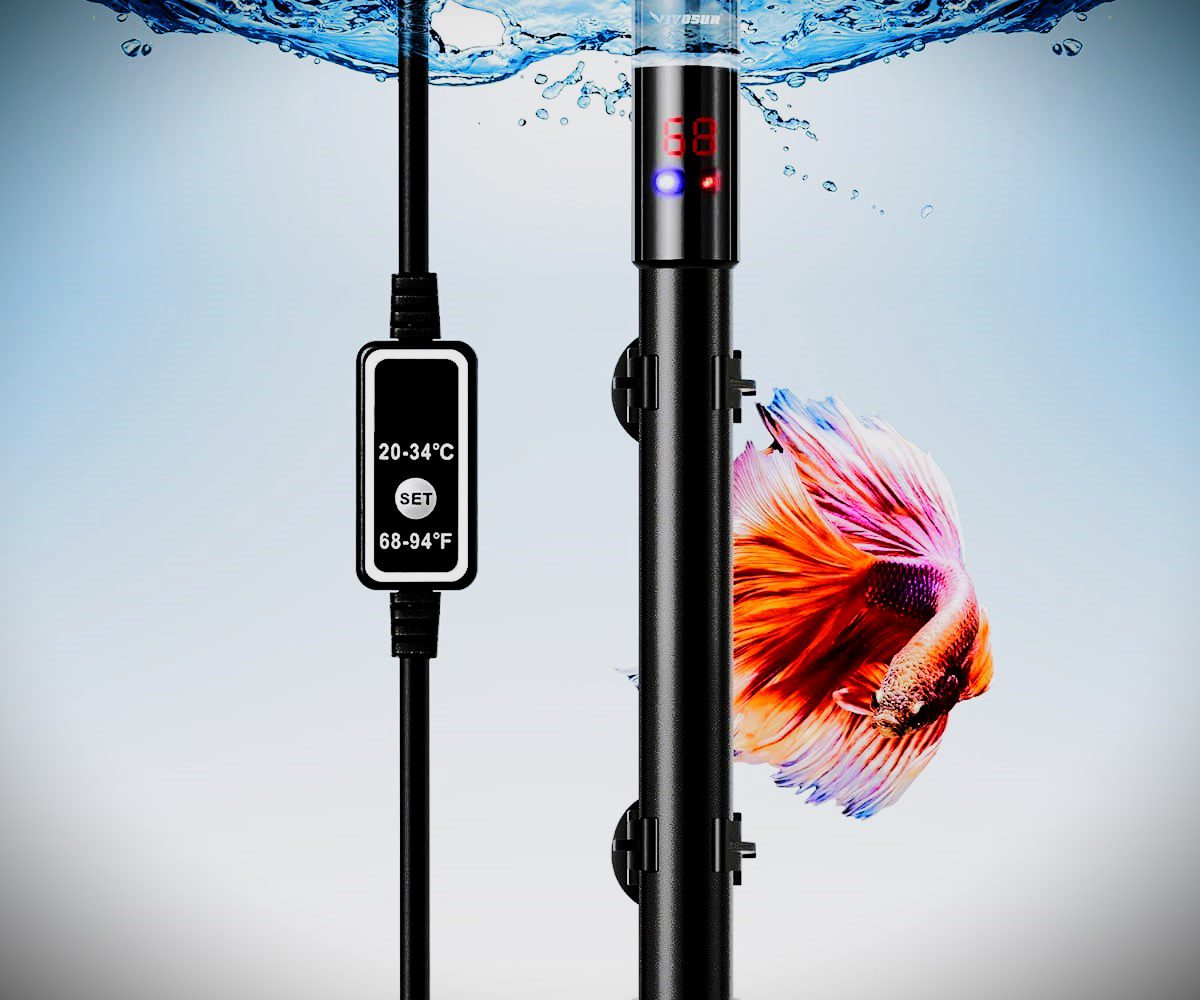Aquarium heaters: making sure fish have the best place to live
A Brief Look at Aquarium Heaters
Water pets need the most extraordinary environment to be healthy. A warmer that works well is an integral part of any tank setup. Aquarium heaters keep fish, plants, and other aquatic life warm.


Types of Heaters for Aquariums
These are the different kinds of tank heaters you can choose from:
Submersible heaters are buried and often used in freshwater and ocean tanks. They’re flexible and straightforward to set up.
These lights are put inside the tank but are meant to hang over the edge instead of submerging. They work well for smaller tanks that don’t have a lot of room.
Hang-On-Back (HOB) Heaters:
These heaters are small and hidden because they hang on the back of the tank. They work great in tanks that don’t have a lot of room inside. These heaters heat water as it passes through them when linked to a filter or pump. Larger aquariums often use them.
Things to think about when picking out an aquarium heater
When choosing a tank heater, think about these things:
Tank Size:
To make sure the heater works well, pick one that is the right size for your tank.
Temperature Control:
To keep the water in good shape, look for heaters with accurate temperature settings.
Durability:
To ensure your heater lasts a long time and works well, buy one made of high-quality materials.
Features for safety:
To avoid tank damage, use heaters with safety features like automatic shut-off.
Setting up the heater for your aquarium
Installing your tank heater is very important for how well it works:
Where to Put:
For even heating, put the heater near a source of water flow, like a filter or pump.
Setting the right temperature for your aquarium:
To do this, follow the manufacturer’s directions.
Thermometer Use:
A good thermometer checks the water’s temperature and changes the heater’s settings.
How to Take Care of Your Aquarium Heater
Regular cleaning is essential to make sure your heater works at its best:
Regular Cleaning:
The heater should be cleaned often to get rid of dirt and algae, which can make it work less well.
Calibration:
Make sure your heater’s temperature numbers are correct by calibrating it.
Checking for Problems:
Look for any signs of a problem, like changing noises or temperatures.
Why using an aquarium heater is a good idea.
There are several reasons to use an aquarium heater:
Controlling Water Temperature:
A stable water temperature is essential for swimming dogs’ health. Stable water temperatures reduce stress and illness in fish.
Stopping Big Changes in Temperature:
Aquarium lights help stop significant temperature changes that can hurt marine life. Problems that aquarium heaters often have


Even though they are essential, tank heaters can have problems:
Heater Fault:
Due to normal wear and tear, heaters may stop working or keep the same warmth over time.
Bad Temperature Reading:
Thermometers or devices can give you lousy temperature readings.
Overheating:
Sometimes, heaters don’t work right and get too hot, which can be dangerous for the fish in the tank.
How to Fix Problems with an Aquarium Heater:
If your tank heater gives you trouble, try the following steps:
Looking at the power source:
Make sure that the heater is plugged in and getting power.
Looking for Signs of Damage:
Check the heater’s parts for damage or wear that you can see.
Test for Accuracy in Temperature:
Make sure the heater’s temperature figures are accurate using a dependable thermometer.
How to Get the Most Out of Your Aquarium Heater
To get the most out of your tank heater, think about these suggestions:
Putting money into a good heater:
Using Many Heaters:
If you have a larger tank or a heater that doesn’t heat, you might want to use more than one to keep the temperature stable.
Power Sources for Backup:
Have a generator or battery-powered heater for your tank in case of power outages.
Types of Heaters for Aquariums
Heaters that go underwater
Down in the sea, submersible heaters are the most popular type. With the heaters, you can change and keep the temperature right.
Putting heaters in the water
Immersible heaters work well for smaller tanks because they float submerged. These are small and usually come with temperature settings that are already set.
Heaters that go in line
You put in-line heaters outside the tank and generally connect them to the filter system. They heat the water as it flows through the tubes, which works well and doesn’t take up any room in the tank.
Tank heaters that you can hang on
Hang-on tank heaters are attached to the edge of the aquarium and go into the water about halfway. You can use them for smaller tanks; they heat well and are easily set up.
Things to Think About When Picking an Aquarium Heater Tank Size
The power of the heater you need will depend on how big your tank is. For heaters to keep temperatures stable, more giant tanks need ones with more wattage. Adjustable thermostats are best for maintaining the temperature right. This function is necessary to keep your fish’s surroundings right.
The wattage of the heater
Pick a heater with the correct number of watts for the size of your tank. Generally, 3 to 5 watts per gallon of water should heat the tank well.
Where the heater goes
To ensure the heater heats the whole tank, put it near the water flow. Placing it near decorations or surfaces could hurt or make it too hot.
Setting up and taking care of aquarium heaters
Putting the heater together
Before putting the heater in place, read the manufacturer’s directions. Depending on the type, submerge or connect the heater and follow the instructions for where to put it.


In conclusion
Aquarium lights are essential to keeping a marine setting healthy and growing. Choose, install, and maintain the right heater to keep fish and aquatic life happy.
FAQS:
Do aquarium heaters last?
An aquarium heater’s life span depends on how it is used, its quality, and how well it is taken care of. If you take good care of your heater, it should last for several years on average.
Can I use a heater in a small tank?
Yes, you can use a heater in a small tank, but make sure you get one the right size for the tank so it doesn’t get too hot.
How hot or cold should I set the heater for my aquarium?
The best setting for your tank will rely on the type of fish you have. Most tropical fish do best when the temperature is between 24°C and 80°F (75°C to 80°C).
Why doesn’t the heater in my tank work?
There are a few possible reasons why your heater won’t turn on. First, ensure it’s put in and the power source works. There may be damage to the heater or its parts if it still doesn’t work. The heater might not turn on if the timer or heating element fails.
Does a cold-water tank need a heater?
Few fish that live in cold water can handle temperatures lower than those that live in warm water. For them to do well, the temperatures need to stay stable. What if the temperature in the cold-water tank changes or drops below what your fish species like? You might need to add a heater to keep things fixed.

